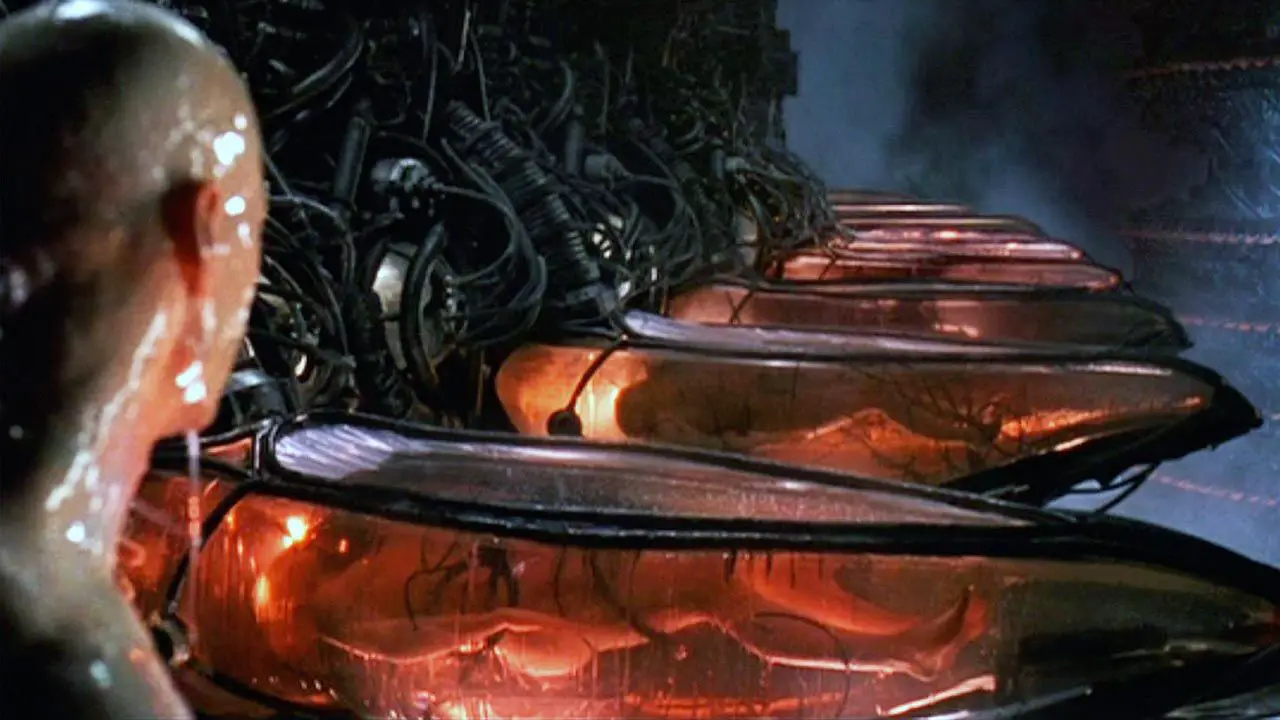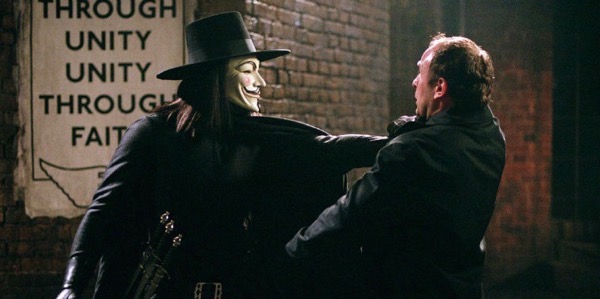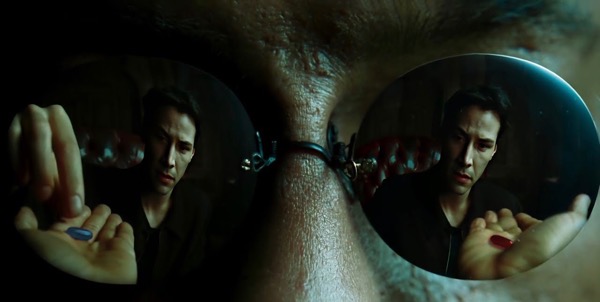Delving into Dystopians: The Age of Sci-Fi

Bree is a journalism major living in Toronto. She is…
Utopia is the term coined for a society that is deemed utterly and exquisitely perfect. It offers all factors of the desired life in means of idealism; providing the concept of a heavenly existence. However, sometimes that utopian dream is torn apart and put on high heat, tossing you into the unknown perils of danger and fear. Once thrust into a world of natural disasters, political chaos, divided nations, among many other correlating themes, a dystopian is unearthed.
Dystopian themes have been at the height of the film and television industry for some time now, influenced by the innate curiosity of the unknown and unpacking the potential dangers of what could happen if the world succumbed to the pressures of nature, politics, technology, and the biggest of all – humans themselves.
From Page to Screen: Political Conventions
It is no secret that a plethora of dystopian films is birthed from the confines of pages written by imaginative authors and revamped for the big screen to bring visuals to life for an even wider audience. Not only that, but many of these films are created to call attention to political events and themes surrounding terrorism or war, etc.
An integral example of pure political films can be found in V for Vendetta (2005). Originally written as a graphic novel by Alan Moore, the classic film came to life on the big screen under James McTeigue’s direction.

Initially, Moore’s graphic novel involved the aspects of fascism vs. anarchy. The script for the film was altered to center around more current themes within American politics at the time of production. This is actually a very common practice in film adaptation when it comes to politics, another example being Life of Pi (2012), in which the film strayed towards a more hopeful ending rather than Yann Martel’s original story. In full, current political climates have a large influence on the direction of a film, which is highlighted in the folds of V for Vendetta.
The synopsis of the film is set in the future, where Germany has won a World War, leaving Great Britain a fascist state. A masked vigilante known as “V” conducts warfare against the government. When he rescues a young woman, she aids his fight against the forces of an oppressive state. Plagued with deep symbolism and the power of ideas, a man in a Guy Fawkes mask becomes an emblem of the people of Great Britain.
No matter how you slice it, V for Vendetta, is a film that provokes the audience, confronting them with the what-ifs in the struggle of power and ultimately, the state of our world. The use of a vigilante creates a sense of heroism, giving a character for the people as an outlet for justice. V is in everyone and everyone finds themselves in V, it only took a spark to set off the explosion.
Themes of Technology in Film
The presence of AI (Artificial Intelligence) and technology in films has become more prominent than ever as our world steadily finds itself consumed by computers. The idea of a perfect world to escape to seems too good to be true, unless you have discovered the thrilling effects of VR (Virtual Reality).
Plenty of films have been made to demonstrate the wondrous notions of VR and its magical properties. The concept of escaping reality to a world where you can craft your appearance or become a dragon-slaying warrior has always been enticing to audiences that dream of departing from their everyday lives.
An important concept of films that feature these strong uses of technology often focus on the path towards enlightenment; an everyday hero becoming something more. There is often a quest presented, the notion of achieving life in a perfect world. These themes are ever-present in films such as The Matrix (1999) or Ready Player One (2018).

Both films fall under the age-old theory of Plato’s Allegory of the Cave. Simply put, the theory is a concept devised on the basis of belief vs. knowledge. In the allegory, there exists prisoners. Prisoners that are chained, confined to the cave’s depths. In order to reach enlightenment, to gain the knowledge of the outside world, the prisoner must believe the outside world is more real than the cave itself.
This theory is applicable to these films because it asks the protagonist, “Do you stay in your shell? Sheltered from reality you must find the will to believe in?” or does that character take a leap of faith to find enlightenment in a world more real than the one they find themselves in.
Technology comes into play in the form of creation. Without technology, these worlds would cease to exist, merely a figment of the imagination. Reality is contorted and reimagined as a paradise or oasis of the mind. This is what entices us to these worlds.
Impending Influence: Forewarning Our Fears
Dystopian films offer audiences a taste of something that is on the brink of our existence as humans. These films project ideals of the “future”, but with evolution rapidly growing, the future does not seem so far away.
Given the world’s current state as we deal with the effects of the COVID-19 coronavirus, fear is a present aspect in our day-to-day lives. We are faced with uncertainty, just as these films confront uncertainty in terms of political warfare or the evolution of technology. Now more than ever there are potential fears and dangers set before us.

When it comes to these films, the ideas don’t seem as far fetched. Humans created technology and humans have raged war on each other for centuries. These dystopian films not only provide us with an entertainment aspect, but with cautionary tales of the potential dangers of our futures.
What impact do you think dystopian films have had on our society? Let us know your thoughts in the comments!
Does content like this matter to you?
Become a Member and support film journalism. Unlock access to all of Film Inquiry`s great articles. Join a community of like-minded readers who are passionate about cinema - get access to our private members Network, give back to independent filmmakers, and more.
Bree is a journalism major living in Toronto. She is a passionate cinephile with a love for 70’s music and can be found in any nearby bookstore. Bree aspires to travel and share her love of story telling while embracing inclusivity in her writing.













